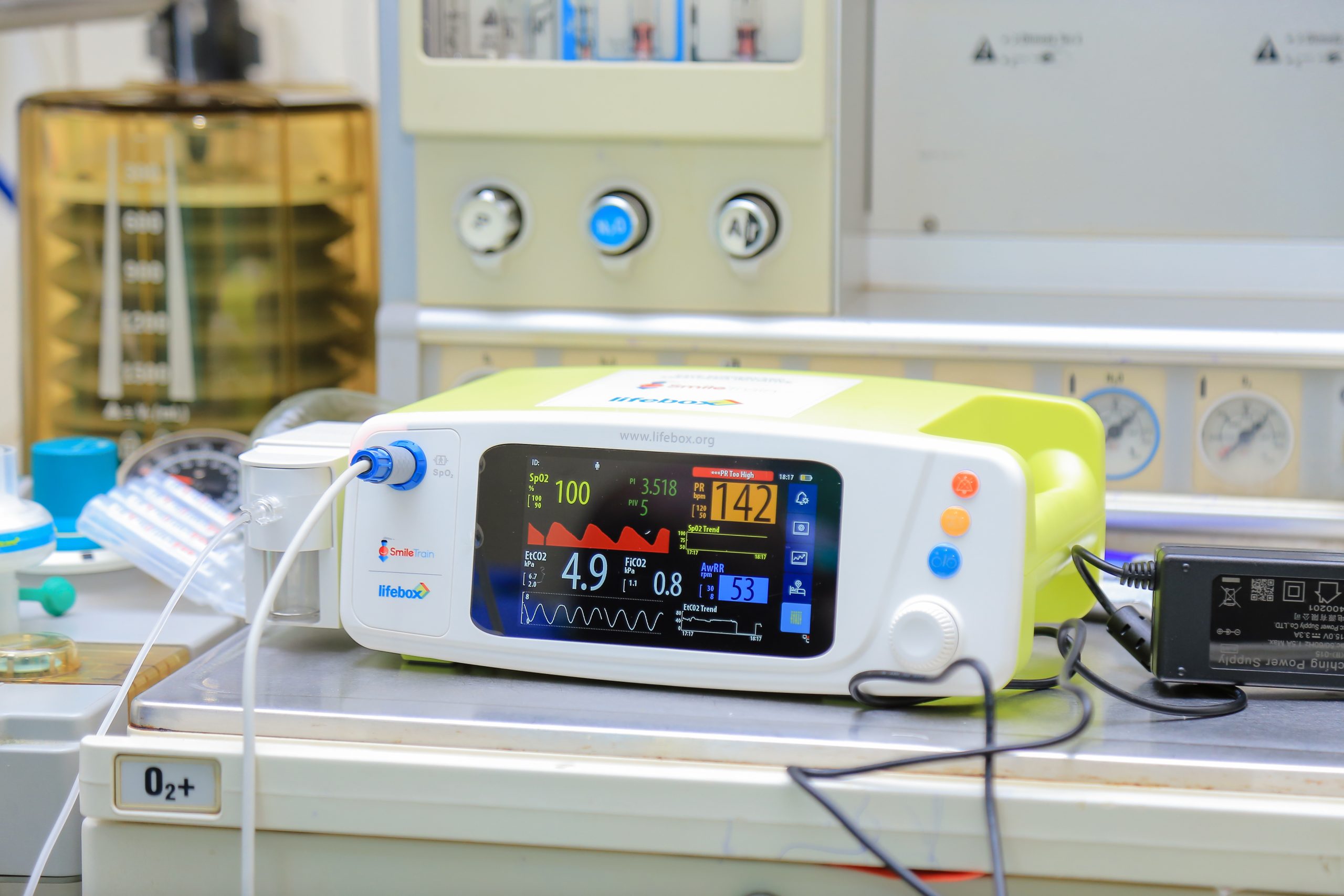
Anesthesia without capnography: ‘like flying blind’
Global Health Now publishes opinion piece by pediatric anesthesiologist, Zipporah Gathuya
As we end the week that we have marked World patient safety day, it is essential to draw attention to the life-saving role of capnography in ensuring safe anesthesia practices in operating rooms around the world. Without this vital monitoring tool, anesthesia providers are effectively “flying blind”—a dangerous reality for millions of patients in low-resource settings.
Global Health NOW recently published an eye-opening article, Anesthesia Without Capnography: ‘Like Flying Blind’ that highlights the critical importance of capnography in patient safety. The piece underscores the experience of Dr. Zipporah Gathuya, a pediatric anesthesiologist from Kenya, who knows firsthand the challenges of providing safe anesthesia without this essential equipment. She describes working in conditions where capnography is not always available, recounting how its absence increases the risk of life-threatening complications. “My colleagues and I do everything we can for our patients, but it doesn’t stop us from being heartbroken by the daily inequities that endanger their safety,” she explains.
Capnography is an essential monitor to ensure a patient is getting adequate oxygen during anesthesia. It has been used universally in high-income countries for decades but remains virtually absent in low-resource setting operating rooms. This gap puts millions of surgical patients at risk of preventable complications such as esophageal intubation, which can lead to brain damage or death.
The Smile Train-Lifebox Safe Surgery and Anesthesia Initiative is working towards reducing this gap. Lifebox and Smile Train are providing increased access to capnography in low-resource settings with Smile Train-Lifebox Capnograph, an affordable, user-friendly, high-quality device with sturdy construction and long battery life. This device meets robust specifications for the monitoring of both pediatric patients and use in low-resource settings.
Every patient undergoing surgery deserves the highest standard of care, and access to capnography is a crucial step in achieving that goal. Smile Train and Lifebox’s work in this area is making a tangible difference, but there is still much to be done to bridge the global gap in safe anesthesia. This week, during the All Africa Anaesthesia Conference, Dr. Gathuya, joined anesthesia patient safety advocates across to sign an action letter calling for global health organizations to include capnography as highly recommended essential monitoring tools in operating rooms across the world.
Read more about Dr. Gathuya’s experiences and the critical need for capnography in Global Health NOW’s latest article here.
Join us in advocating for access to essential monitoring tools like capnography to protect patients and improve surgical outcomes worldwide by signing our action letter
About Dr. Gathuya
Zipporah Gathuya, MD is an internationally renowned pediatric anesthesiologist with over 20 years of experience in the public and private sectors, currently based at The Nairobi Hospital in Kenya. She is a member of the Global Medical Advisory Board for Smile Train and the Global Initiative for Children’s Surgery secretary. She has a passion for pediatric anesthesia education and was instrumental in setting up and running the Pediatric Anesthesia Fellowship at the University of Nairobi, the first of its kind in East and Central Africa.

